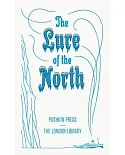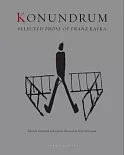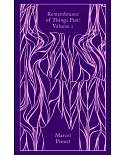Originally published in France in 1934, Break of Day is André Breton’s second collection of critical and polemical essays, following The Lost Steps (Nebraska 1996). In fewer
than two hundred pages, it captures the first full decade of the surrealist movement. The collection opens with an essay composed in 1924 that examines key elements of surrealism and
concludes with Breton’s harsh revaluation in 1933 of automatic writing. Among the other essays in the volume are “Burial Denied” and “In Self-Defense,” two pieces that, in translator
Mark Polizzotti’s words, “mark surrealism’s conscious break from the mainstream and the beginning of its attempts to work alongside the French Communist Party.” Also included are “Psychiatry
Standing before Surrealism,” which addresses Breton’s complex, ambivalent views on mental illness and the emerging psychiatric establishment; “Introduction to Achim von Arnim's Strange
Tales,” which reveals surrealism’s debt to such precursors as the German romantics and delineates a surrealistic aesthetic of the macabre; and “Picasso in His Element,” in which Breton
demonstrates his formidable talents as a critic of the visual arts.





















